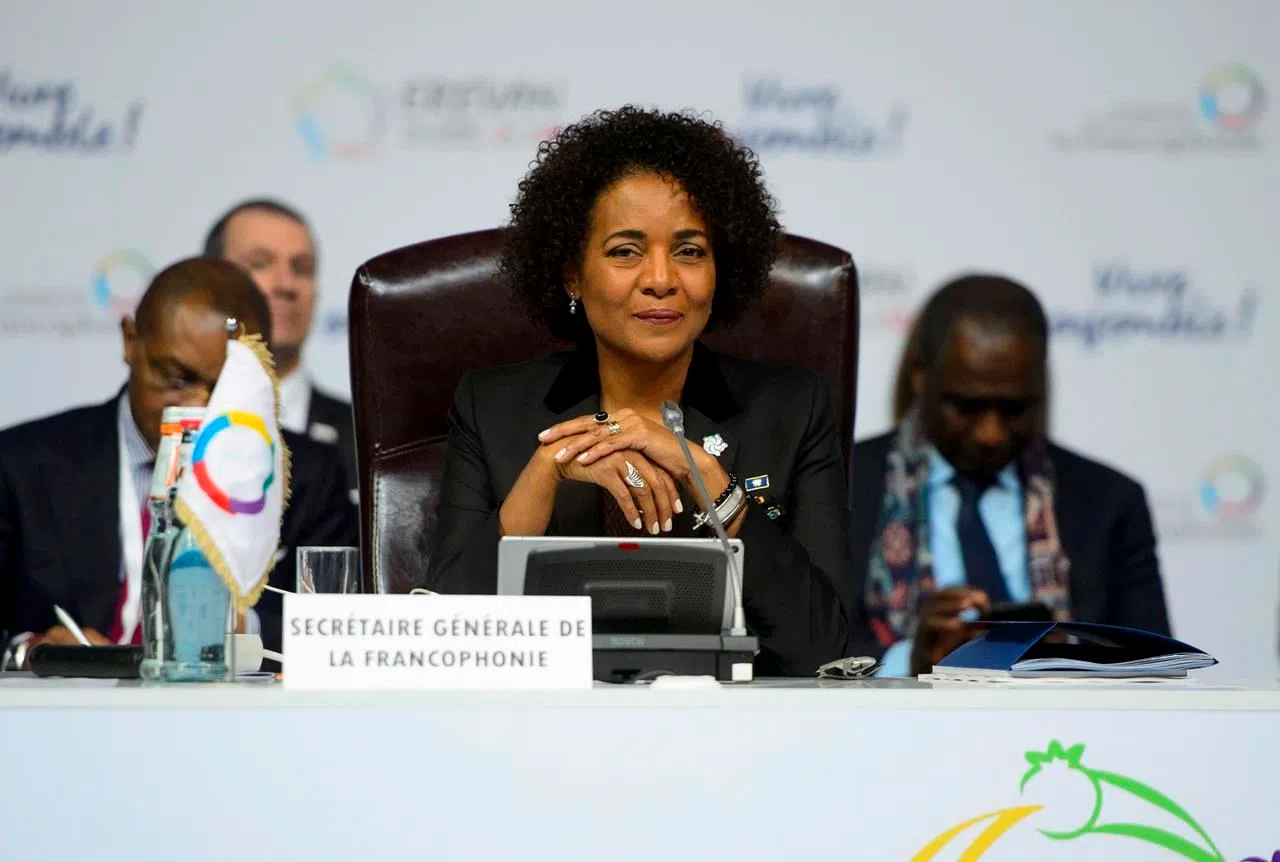
Michaelle Jean loses bid to hold onto job as Francophonie secretary general
YEREVAN, Armenia — Without even her home country supporting her, Michaelle Jean failed in her bid for a second term as secretary general of la Francophonie Friday as members chose Rwandan Foreign Minister Louise Mushikiwabo.
Three days after his government withdrew its support for Jean, Prime Minister Justin Trudeau insisted the move was not part of a deal to advance Canada’s bid for a United Nations Security Council seat in 2020.
“We supported the Rwandan candidate when it was clear that there was a consensus on the part of the African countries, and therefore of la Francophonie,” Trudeau told a news conference as the two-day Francophonie summit closed in the Armenian capital. He praised Jean for her “excellent work” as secretary general.
He acknowledged, however, that Canada’s support for Mushikiwabo could prove beneficial at the UN.


